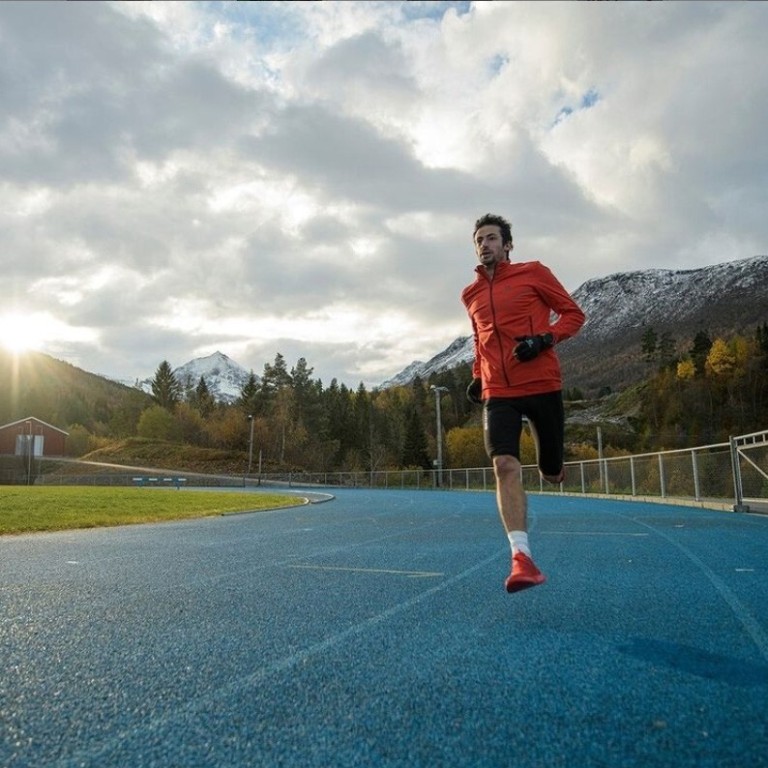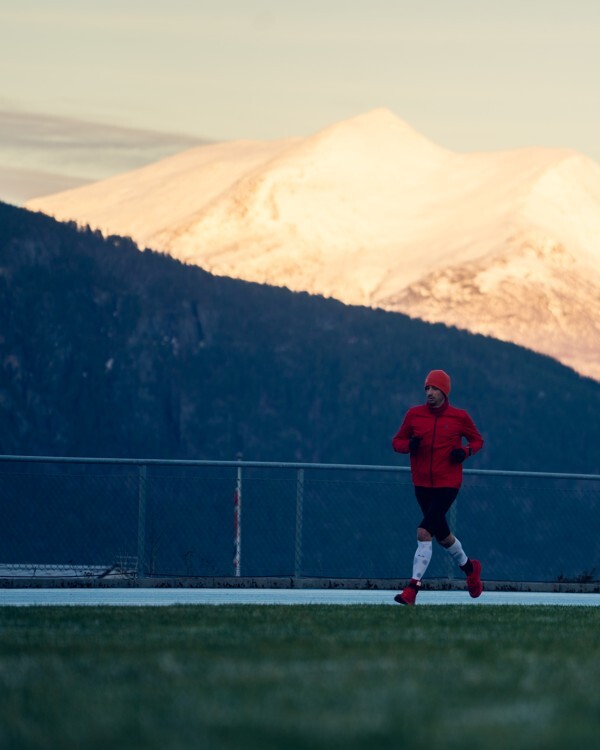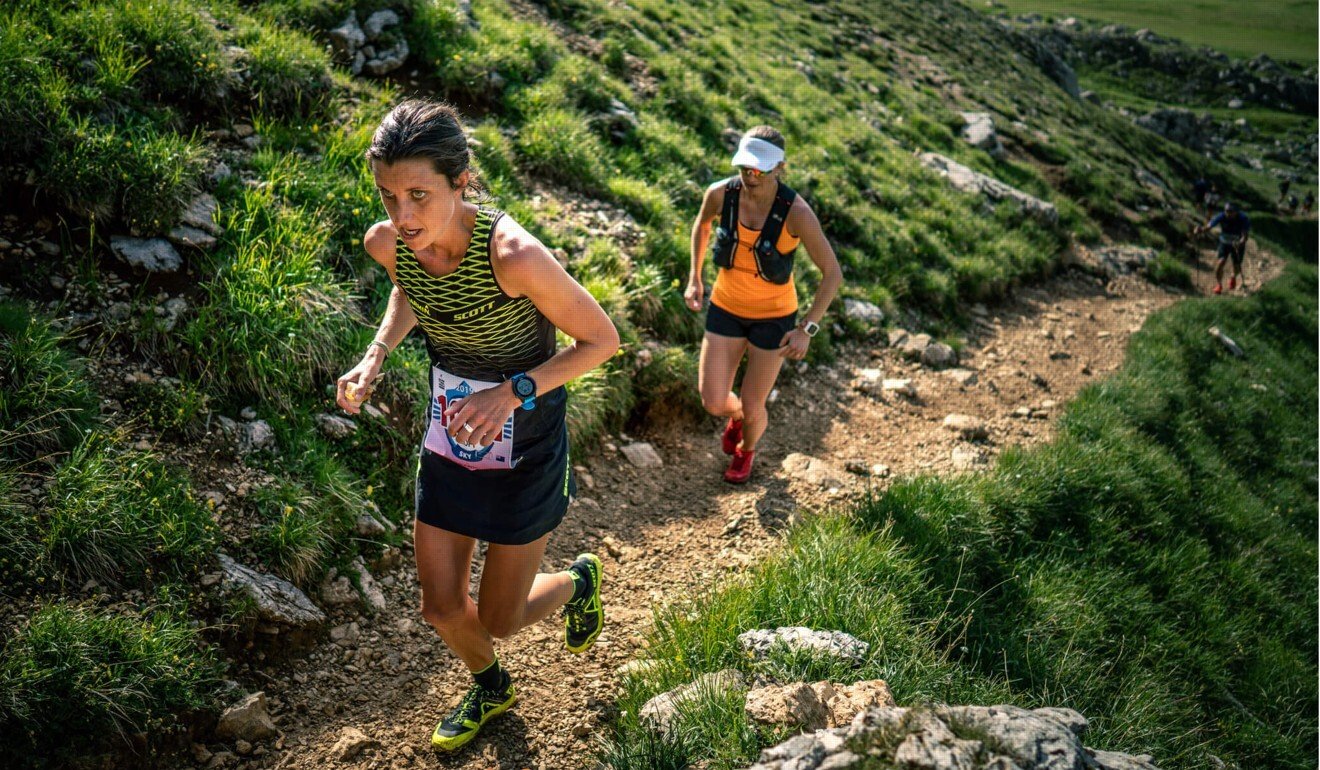
Kilian Jornet’s 24-hour record attempt shows pushing your comfort zone can mean different not distance
- Trail runners have an obsession with distance but pushing your comfort zone can mean changing another variable
- Replace the desire to run farther with one to go faster, or to train for a different type of race
Trail and ultra running is all about pushing yourself, extending past your comfort zone and growing mentally.
But there is an obsession with going farther. Once you have finished your first 50km, the question is when will you tackle 100km? And then push yourself to a 100-miler (160km). But your comfort zone does not have to be farther, it can be faster or it can just mean different.
But it is different. Jornet’s effort shows that pushing yourself to new limits can mean pushing yourself in new ways, not just for longer. No one can deny the monotony of a 24-hour track race, a new and novel challenge for a runner used to the epic ridges of northern Norway.

And the pressure to stick to a specific split to hit a distance or time (in this case, the 24-hour world record) is different again, something mountain runners, with their many variables, rarely have to care about so precisely.
Yiannis Kouros questions Jornet’s ‘fair play’ in 24-hour record attempt
In times of Covid-19, runners everywhere are looking for a way to stay motivated. So pick a different, not just longer, challenge.
If you have nailed a 100km, why not try to set your 10km personal best on the flat? Or even a 5km? You can try your own 24-hour challenge round the local track, or even your block if it is ultra running you love.
If you love the trails and hate flat running, why not try a “vertical K”; there are races around the world that are just uphill, usually around 1,000m vertical gain.
Compared to a 100km, they are short but the speed and ascent is sure to get your legs burning in a new way and still give you the epic scenery you crave.

There are also downhill races. Not only will this give you a short-term goal and a sense of accomplishment, it will also improve your overall trail running by making you a more efficient downhill runner.
If races are cancelled, there is nothing stopping you heading out on your own or with a friend and trying the same up- or downhill challenge with your own parameters.
Change your mantra to “faster not farther”. See if you can return to an old route or a race you have done before and beat your own time. When you first started trail running, was there a short and sharp 10km or 20km that got you hooked before you extended to the ultra distances? How cool would it be to measure your progress by going back to the start?
There are so many variables in trail running – altitude, vertical gain, steepness, terrain, weather, speed, time of day, time on your feet – and Jornet showed you can change any one of them or more to find a new challenge. You do not have to keep changing just one variable – distance.

